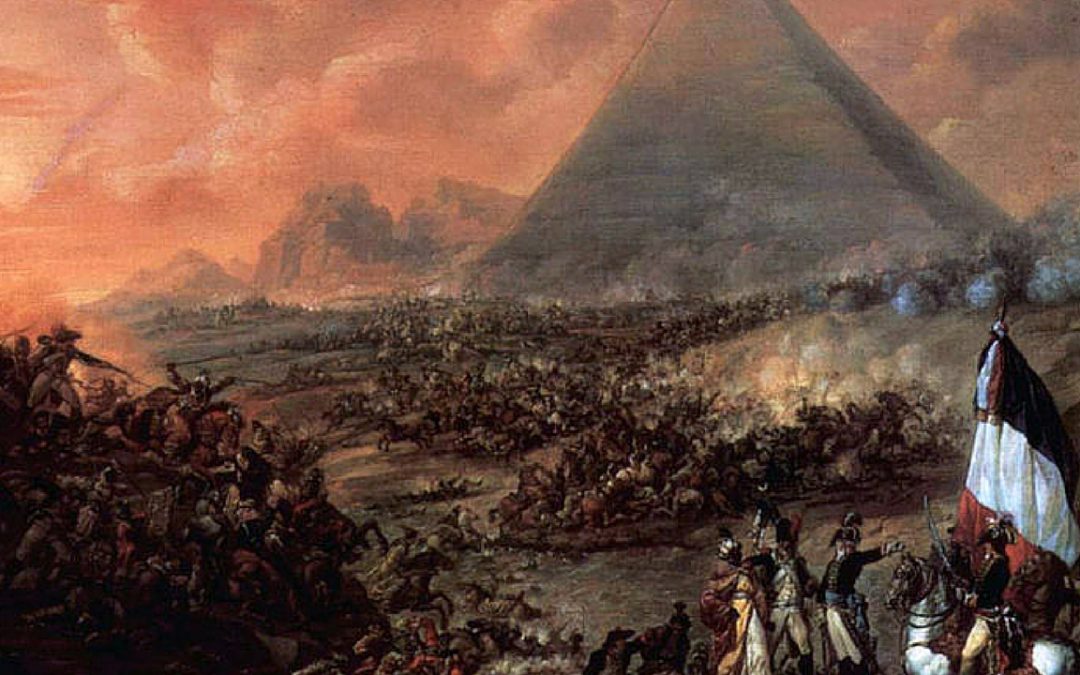There have been countless rebellions throughout history. A rebellion, uprising or insurrection is a denial of obedience. It comes from the Latin word rebello, which means “I renew war”. Rebellions start when people are unhappy with a given situation. If the ruler is inept, or evil then the people will be likely to rebel. Rebellions also start when someone wants to take power for themselves and uses a rebellion to do so. Rebellions started because of this can easily end in dictatorship.

French Revolution
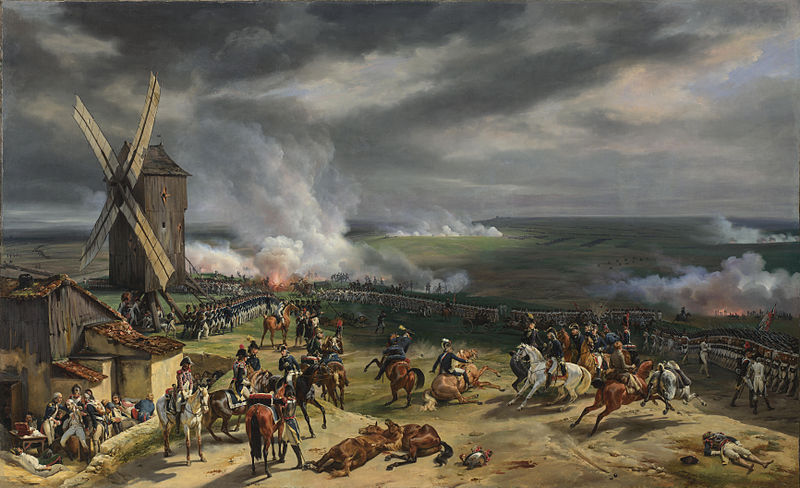
In 1799 the French started the one of the most important, and significant rebellions in the history of the world. The French monarchy was overthrown, and established a republic which led to Napoleon eventually becoming Emperor of France. The French people were dissatisfied with the rule of monarchy, and were inspired by liberal ideals to overthrow it and establish a democratic republic. France changed completely over this time, they legalised divorce, decriminalised same-sex relationships, and granted freedom of religion. They also controversially executed their old King Louis XVI. The republic didn’t last long, as Napoleon gained popularity due to his successful military campaigns, he eventually started a dictatorship and declared himself Emperor.

Taiping Rebellion
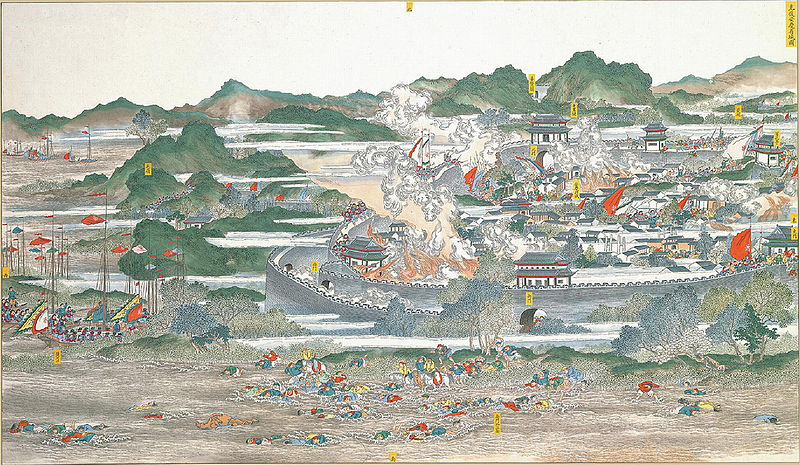
The Taiping rebellion was a massive Christian revolt against, the reigning Qing Empire in 1850. It was one of the biggest Christian rebellions in history. It’s leader was Hong Xiuquan, a man who believed himself to be the younger brother of Jesus. It was the largest war in China since the Qing conquest in 1644, it was the biggest war of the nineteenth century, and one of the bloodiest rebellions of all time, with deaths ranging from 20-70 million. The Taiping Heavenly Kingdom led by Xiuquan had 500,000 soldiers, but were completely outnumbered by the 1.1 million enemies they faced. It ended in a Qing victory, and marked the fall of the Taiping Heavenly Kingdom.

Haitian Slave Revolt, 1791
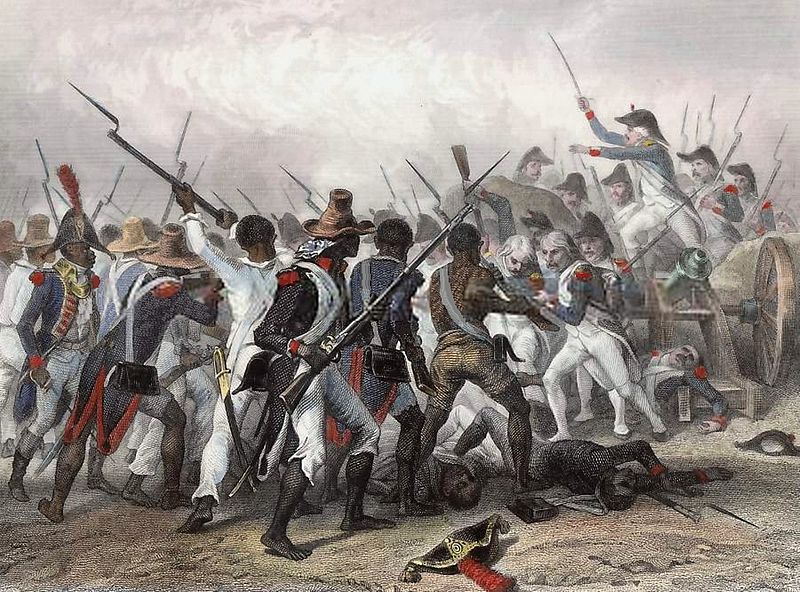
In 1791 Haitan slaves successfully revolted against their enslavement. The war lasted 13 years. The liberated slaves gained their freedom and fought to protect it. This was one of the most successful slave rebellions of all time, it was the biggest since Spatacus and the only one to establish it’s own state which was free from slavery, and ruled by people who weren’t white. the revloution was successful in only 10 days, and it only took weeks for their rebellion to reach an incredible 100,000 members.

The American Revolution
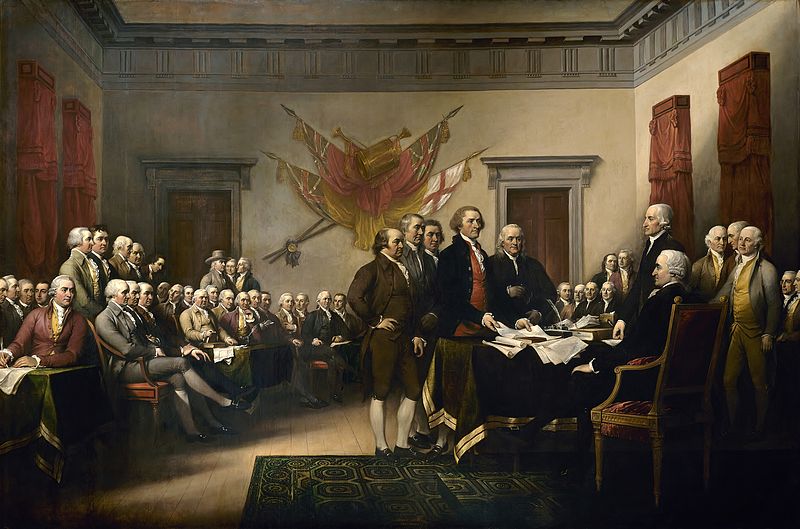
The American Revolution took place between 1765, and 1783. The American Colonies rejected British rule, and managed to overthrow the authority of Great Britain, and created the United States if America. It was one of the most famous rebellions in history. In 1775 the thirteen colonies in North America went to war with Great Britain, in a bid for independence. It isn’t very well known the war included so many countries it can actually be considered a world war. The war ended in an American victory, and resulted in Britain recognizing the independence of the United States of America, the fall of the first British Empire, and the end of te Iroquois confederacy.

The Glorious Revolution
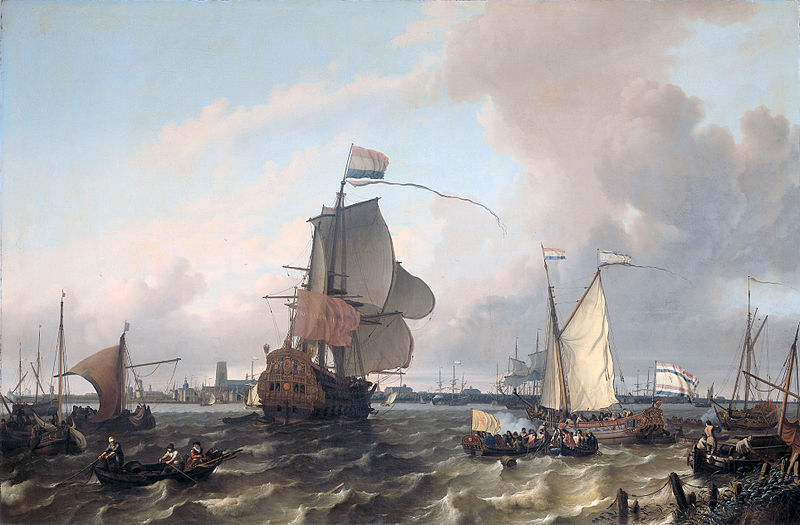
In the 1600’s King James was deposed by his daughter, her husband, and a coalition of he Whig and conservative party in England who held disdain for the king and, and wanted to stop his son from succeeding the throne. A of people were not happy with the king being catholic, and being on such good terms with France. The breaking point for them was when the king had a son who would inherit the throne and be the start of a Roman Catholic dynasty, something they wanted to avoid at all costs. Instead they thought his daughter’s husband should succeed the throne, and after only two battle their dream became a reality. This revolution is also known as the “Bloodless Revolution” because of the minimum amount of deaths involved.

The October Revolution
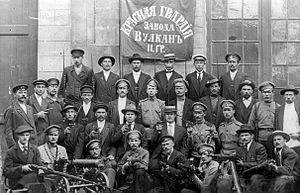
This is one of the most famous socialist rebellions. On November 17th an armed socialist uprising took place in Petrograd, Russia. This came after the February Revolution which overthrew Tsarist Autocracy. The Rebellion in Petrograd overthrew provisional government and gave power to local soviet groups. They elected socialists revolutionaries, and established the first ever socialist state. This rebellion resulted in the creation of the Soviet Union, the end of Russian provisional government, and the start of the Russian Civil War.

Spartacus And The Gladiator War

One of the most famous slave rebellions of all time, is Spartacus’s war against Rome. The third Servile war went from 73-71 BC. There were two slave rebellions before this, but this was the only one that had the potential to bring down the Roman Empire. Spartacus was a gladiator and slave to ancient Rome. Spartacus and 200 other gladiators, were sick of being slaves and decided to escape. After they fought their way out, they elected Spartacus as leader, and their army quickly grew from 200 to 120,000. Not much is known about Spartacus’s identity, although he’s believed to have a Thracian Auxiliary before he was captured. Historians also aren’t sure the aims of the army as a whole, were they trying to escape Rome or overthrow it?

The Irish Rebellion
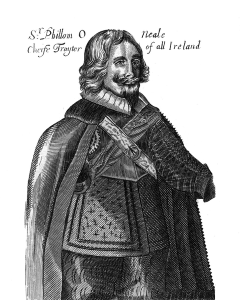
The Irish Rebellion was a failed Irish coup in 1641. They wanted to take control of the English administration in Ireland, to give concessions to Catholics. This failure led to the Irish confederate war, a war between Irish catholic, and English and Scottish protestants. The rebellion started because the Irish were afraid that the English, or the Scottish were going to invade their land. The rebellion caused months of violence until upper class Irish Catholics formed the catholic confederation, which could act as a government for most of Ireland, free from England’s rule.

The Arab Spring

The Arab Spring was a series of rebellions, protests, riots, and civil wars. It began on the 18th December 2010, when the Tunisian Revolution took place. The aim was to resist against Arab dictatorships, and to promote democracy. These revolutionary actions took place in many Arab countries, and had a dramatic effect on the Arab world. The revolutionary demonstrations were sometimes peaceful, and sometimes violent. The response these demonstrations were often violent. Protesters then responded with more violence. The success of these protests is debated by many, some believe it to be a failure, but others believe that is was as successful as it could have bee.

An Lushan Rebellion
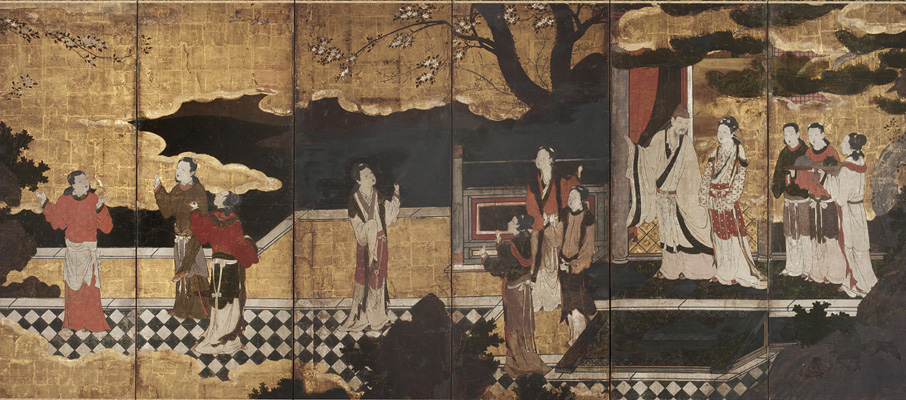
The An Lushan Rebellion was one of the deadliest rebellions in history. It involved over 1 million soldiers, many of which died fighting. Under Lushan 200,000 to 300,000 soldiers rebelled against the Tang Emperor. The war broke out in 755 when general An Lushan declared himself Emperor in Northern China. Lushan’s forces were greatly outnumbered and were fighting an uphill battle from the beginning. The war lasted seven years, and went through three generations of Tang emperors before it finally ended in 763. The superior Tang force claimed victory and Lushan’s rebellion came to an end. How many people died is uncertain, but we know the losses were heavy.

